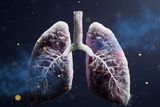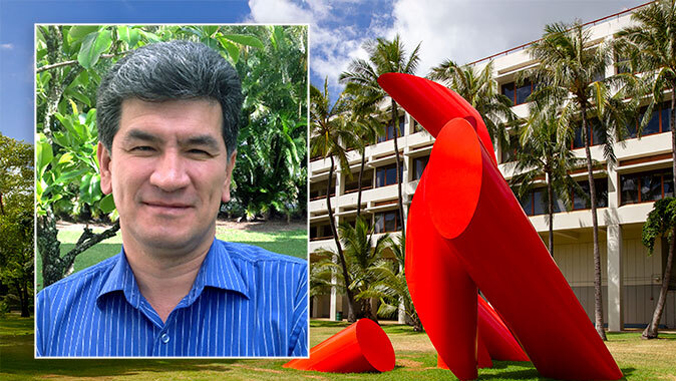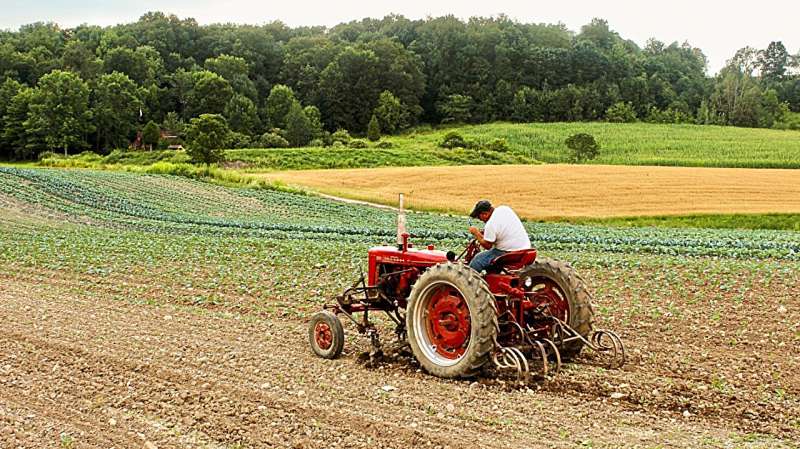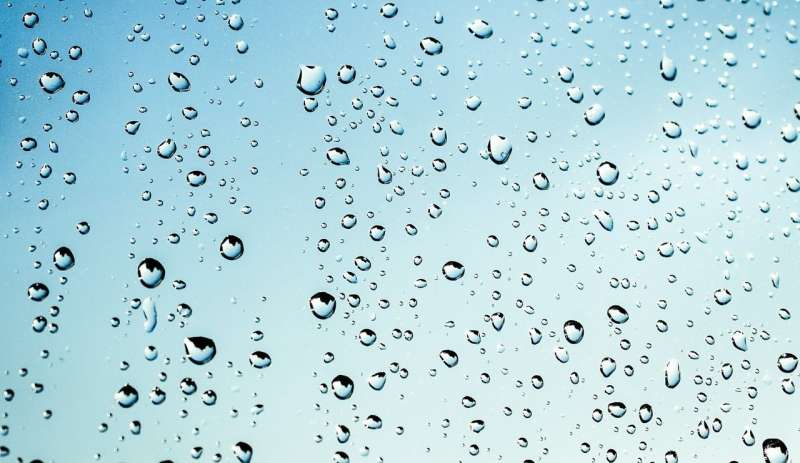Research has uncovered that dust from the evaporating Salton Sea in California may significantly disrupt the lung microbiome, potentially leading to adverse health effects. A study published in the journal mSphere highlights how exposure to this dust can alter the microbial community in the lungs, impacting immune responses.
University of California, Riverside (UC Riverside) researchers conducted experiments on lab mice using dust samples collected from the Salton Sea, a saline lake that has been shrinking due to drought. Their findings indicate that even filtered dust, devoid of live bacteria or fungi, can cause profound changes in the lung environment.
“Even Salton Sea dust filtered to remove live bacteria or fungi is altering what microbes survive in the lungs,” stated Mia Maltz, UCR mycologist and lead author of the study. The research suggests that environmental factors, previously thought to be secondary to genetic issues, can also negatively affect lung health.
Impacts of Environmental Dust on Lung Health
Prior to the study, researchers suspected that environmental elements contributed to respiratory issues among residents near the Salton Sea. While collecting dust samples, some team members experienced lung discomfort, reinforcing the connection between the local environment and respiratory health. Graduate student Talyssa Topacio noted, “Salton Sea residents have ongoing suspicions that the environment is linked to respiratory illness, and our lab has definitely felt the effects of the heat, dustiness, and pungent air.”
During the experiment, the researchers observed a significant spike in populations of Pseudomonas and Staphylococcus bacteria in the dust-exposed mice. Both types of bacteria are associated with lung inflammation. The most potent dust samples contained bacteria that produced lipopolysaccharides (LPS), which stimulate immune responses. Maltz explained, “We think microbial products like LPS are part of what’s causing the inflammation. It’s like breathing in a chemical fingerprint of dead bacteria.”
The exposed mice exhibited a 60 percent increase in lung immune cells marked by neutrophils, crucial for fighting infections. In contrast, those breathing neutral air showed immune cell levels ranging from only 10 to 15 percent.
Long-Term Consequences and Future Research
The study results challenge existing knowledge in pulmonology. “We’ve seen these kinds of microbial shifts in people with cystic fibrosis or infections,” said David Lo, a distinguished professor of biomedical sciences at UC Riverside. “But these mice had no pre-existing conditions. This was a clean slate, and it still happened.”
As the Salton Sea continues to shrink, the implications for local health become increasingly concerning. Lo added, “Breathing in the dust over time may have chronic impacts in the lung. These studies on altering the lung microbiome are an important first step in identifying factors that could lead to asthma and other chronic diseases.”
The researchers are also considering the broader implications of their findings. If dust can alter the lung microbiome, what effects might exposure to wildfire smoke, cigarette smoke, or vehicle exhaust have on lung health? “We’ve only just begun to understand how dust exposure changes the lung microbiome,” Maltz noted. “We don’t yet know how long the changes last, or whether they’re reversible. That’s another big question.”
This study raises significant concerns about the health impacts of environmental pollutants, particularly in regions like California, where the effects of climate change are acutely felt. The research serves as a crucial step toward understanding respiratory health and highlights the importance of continued investigation into environmental influences on the lung microbiome.
This article is for informational purposes only and does not provide medical advice.







